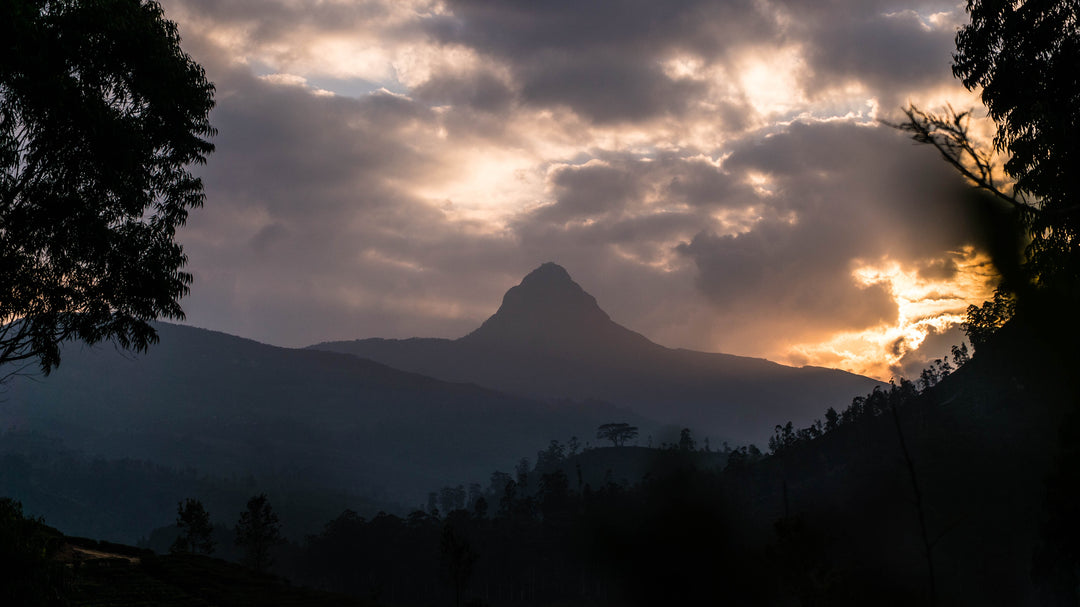Estate Guide: Berubeula – A Lush Legacy in Every Wiry Leaf
Sri Lanka is famous for its Orange Pekoe (OP) grades of tea (see our recent blog on the subject here) and many of these teas are from high grown estates. However when you come down to lower altitudes, there are many more options of Orange Pekoe available and they have a wider flavour profile.
Berubeula is one such estate. The estate is found in the town Urubokka in the Matara district in the Ruhuna region. The tea bushes planted here were established around 1938 which is a lot later than those found at higher altitudes.

The driving force for this estate was the late Douglas Jayawickrama. A prominent lawyer from Matara he gave up his thriving practice to devote his life to the development of the estate on behalf of his four siblings whose children and grandchildren now own and manage Berubeula today. He was an expert bridge and tennis player, but it was as a tea planter that he became a legend, establishing the estate and its Berubeula seal of excellence mark. Today the brand still holds the highest status.
Berubeula farms other crops, including rubber, cinnamon rice, pepper, mango, avocado and coconut. It is a small and lush oasis and the diversity adds to the teas distinctive flavour profile.
Like many low grown estates, tea leaves are also bought in from neighbouring small holdings. Around 500 individual small farmers, for most of whom this has been a lifelong relationship, provide their hand-picked two leaves and a bud to make the estate's tea.

Berubeula is a wiry black tea that is best brewed for the full 5 minutes. Stirring at the beginning of the brew, 2 minutes in and again at the end before enjoying will help unlock the full flavour of this tea. Its colour is a dark orange and the flavour carries a sweet fruit flavour with spicy cinnamon notes. It is best drunk plain without milk. It is also the perfect pairing to scones, clotted cream, and jam. The only choice you need to make is how you choose to enjoy your scone ! (read about the options here)
Lovers of New Vithanakande, Lumbini and Halmari teas will certainly enjoy this tea.




